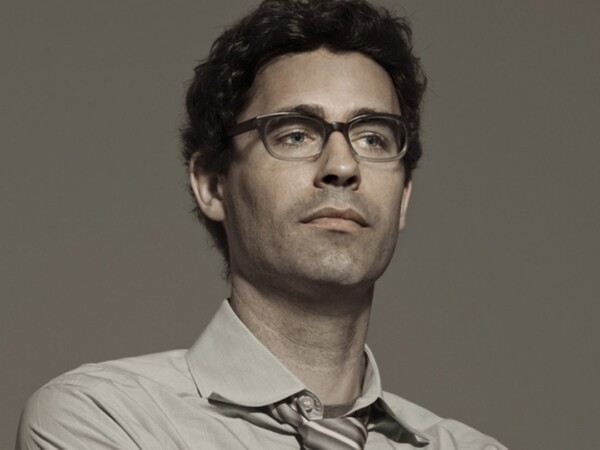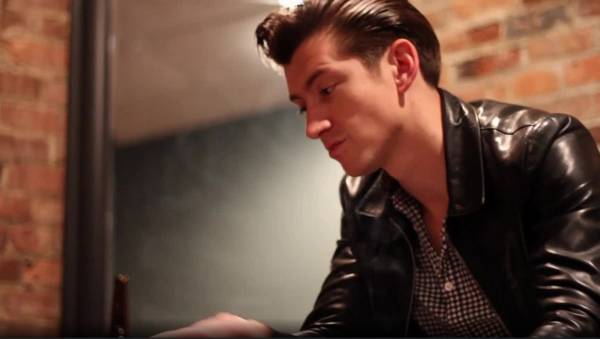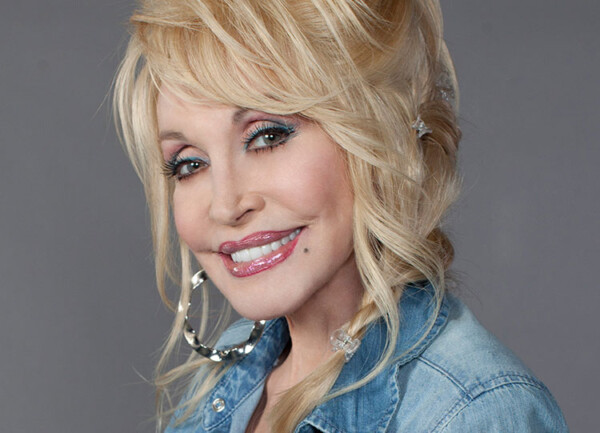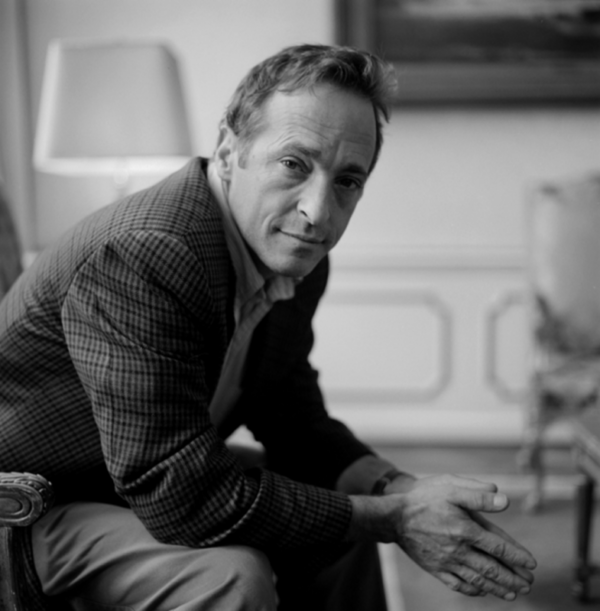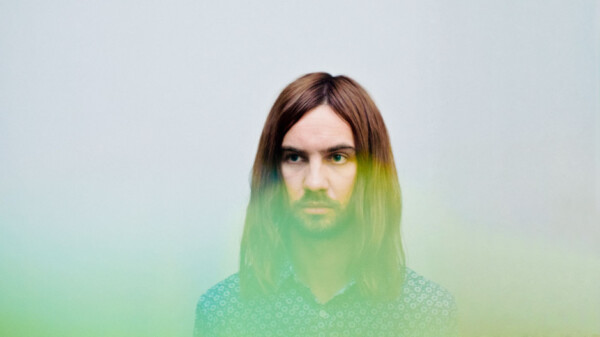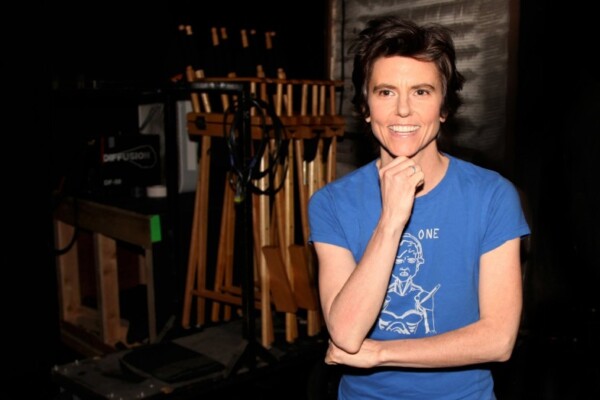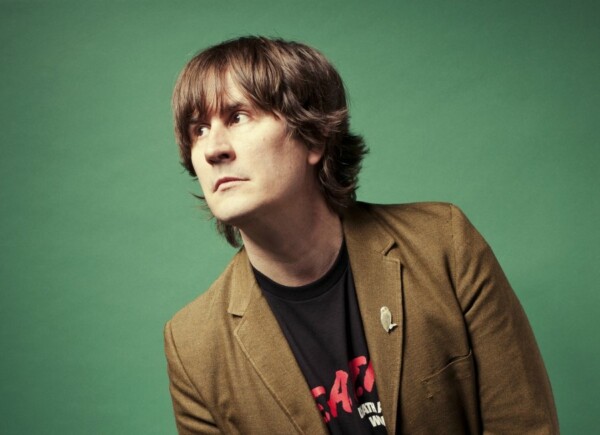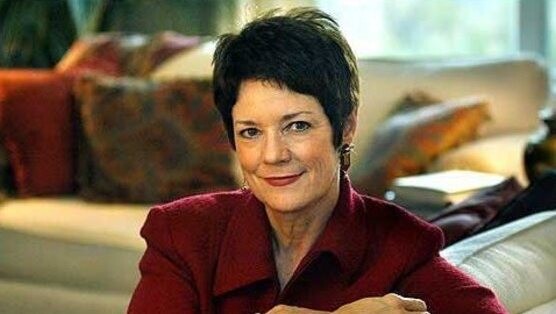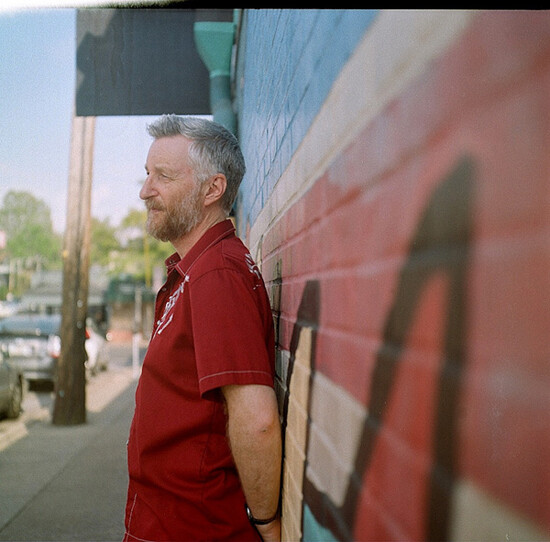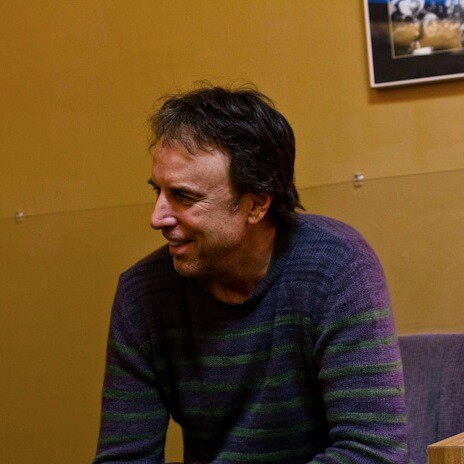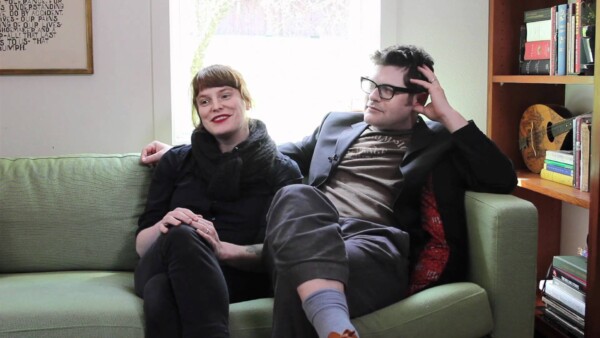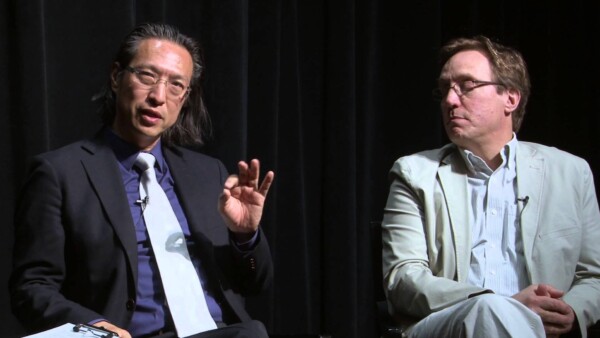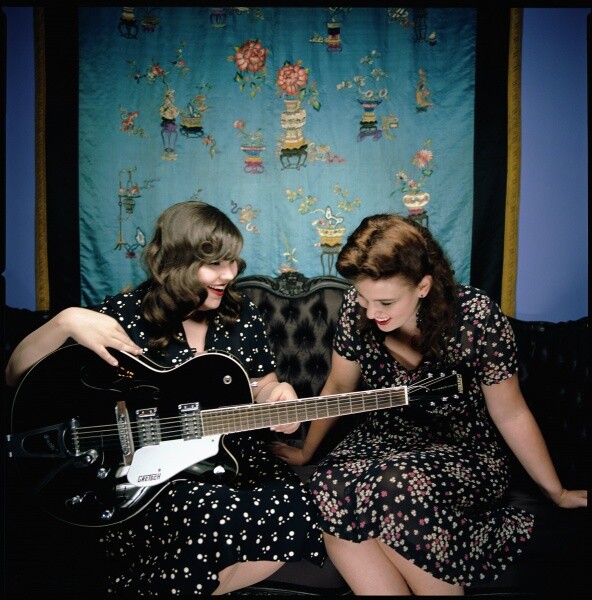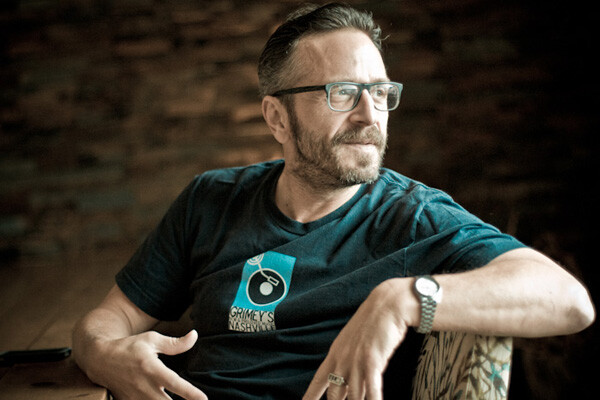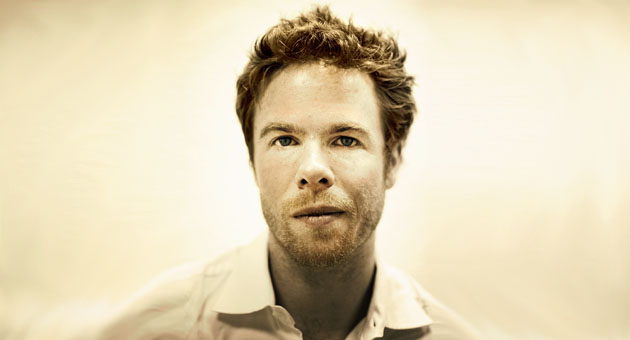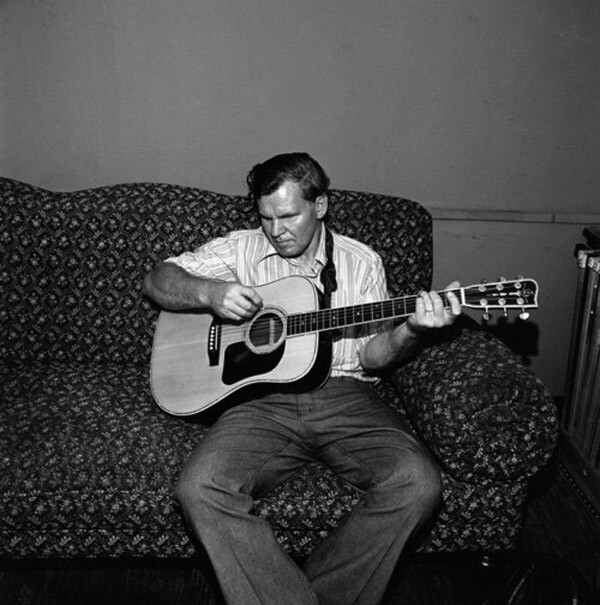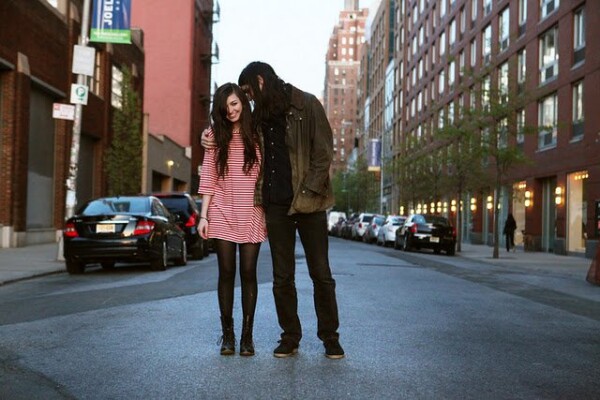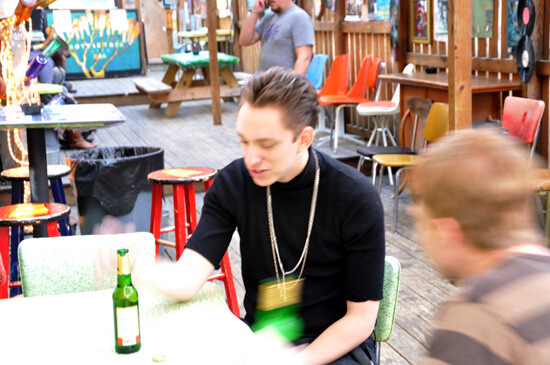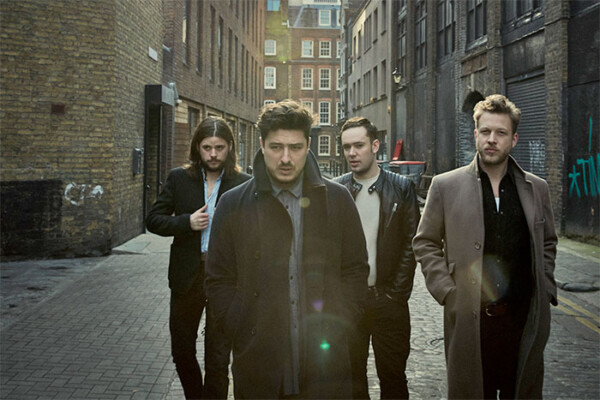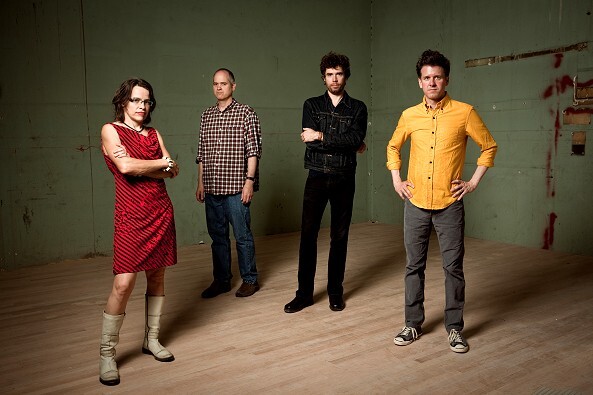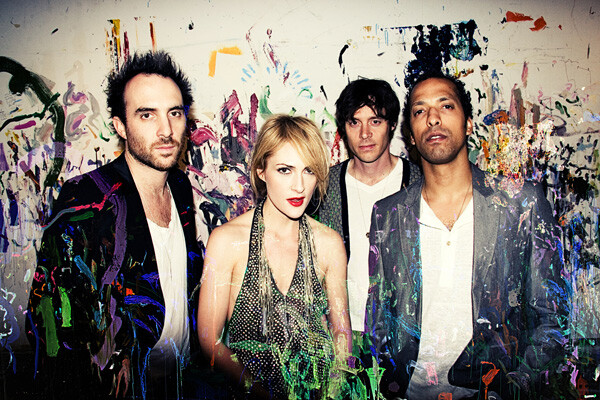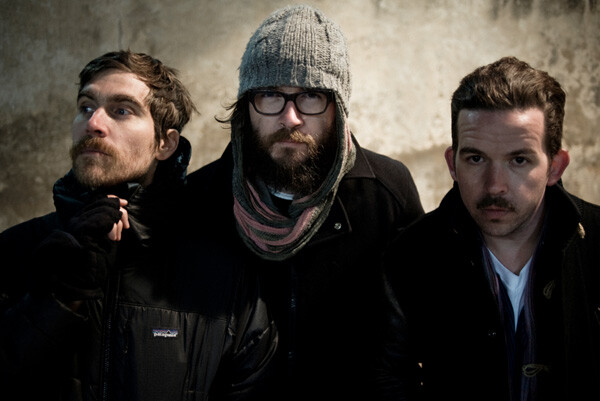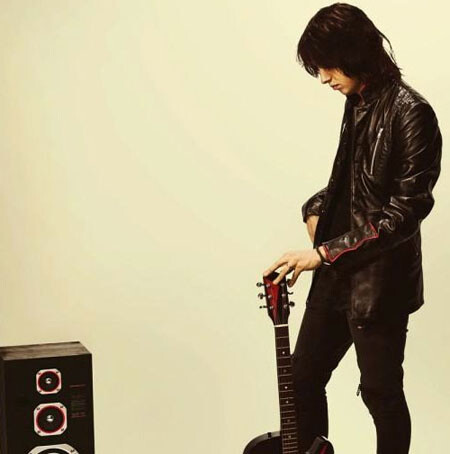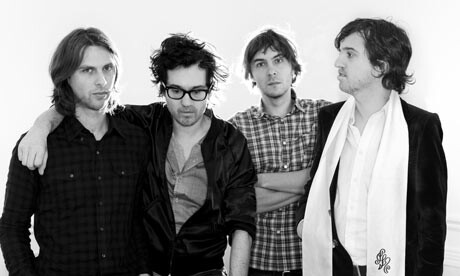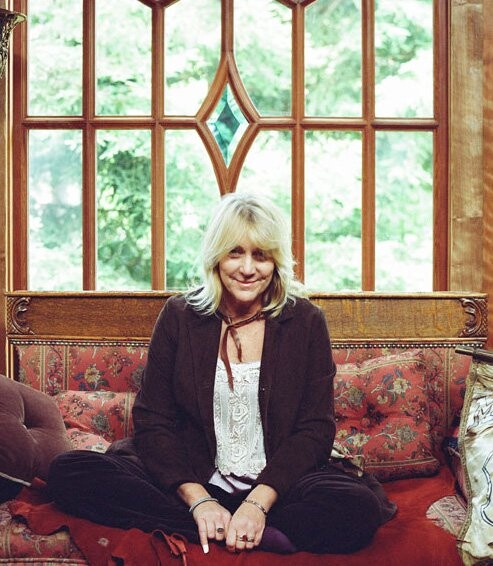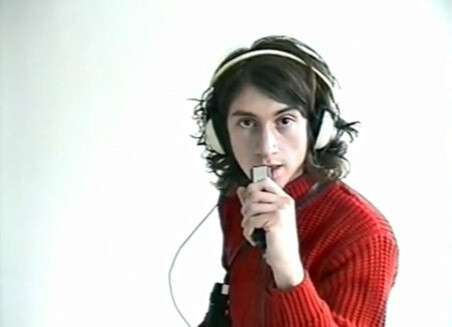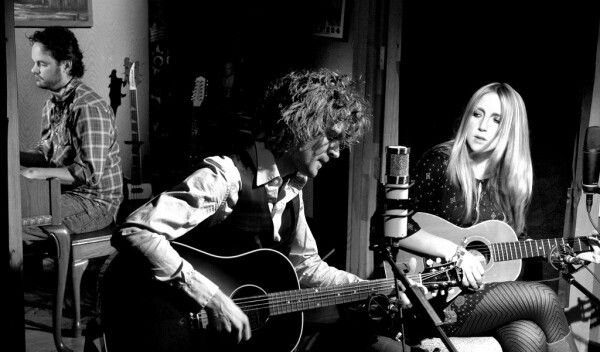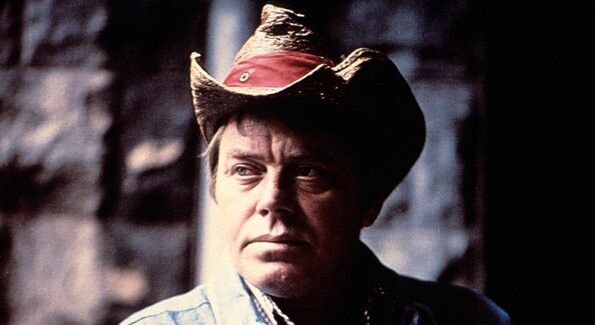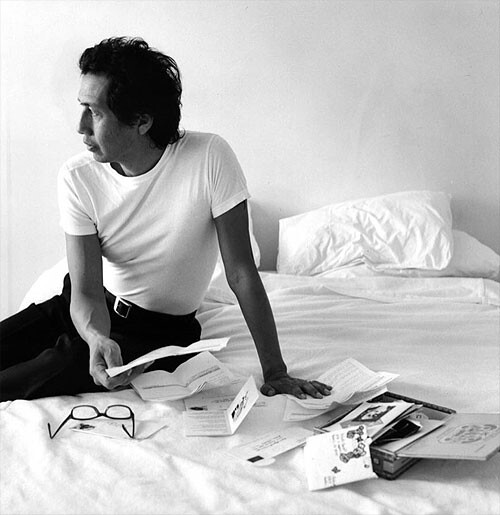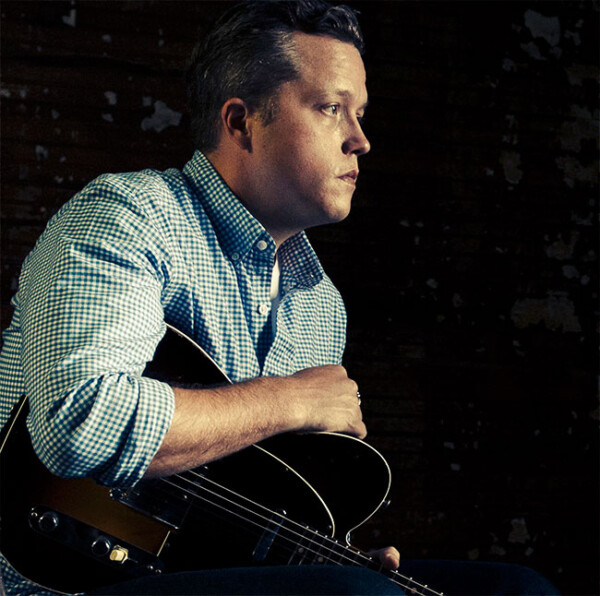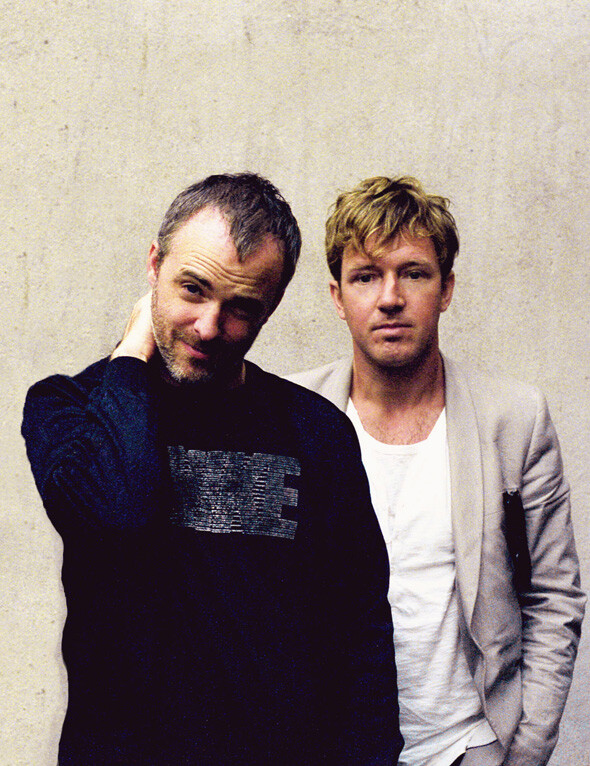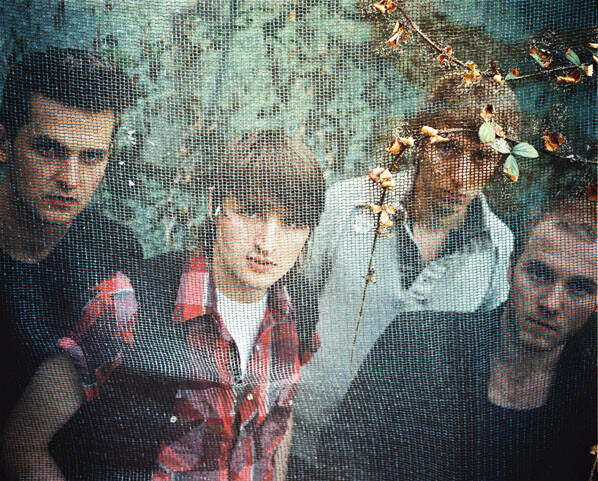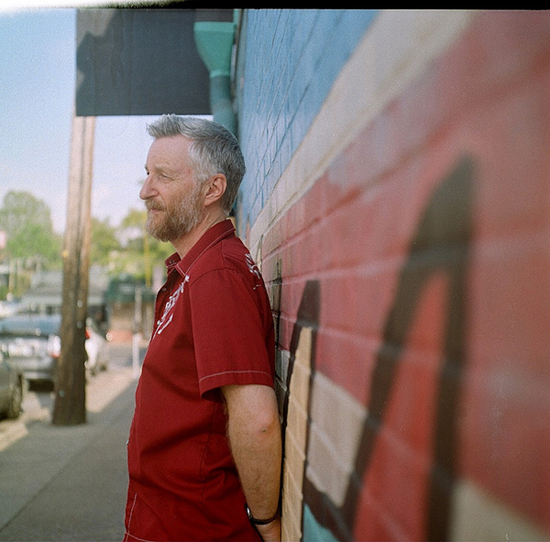
When I’m struck with the muse or when I’ve got to do some recording. I’m just not so urgent as I used to be about it. Because I am a topical songwriter, if something happens, I will write a song about it. I will record it as quick as I can and put it for free download on the internet.
Like the phone hacking scandal in 2011 with Rupert Murdoch in the UK ?
Exactly. [Like the song] “Never Buy The Sun.†Exactly. For me as a topical songwriter that’s brilliant. During the Miner’s Strike in 1984, I wrote a song called “Between the Wars.†By the time we got it into the shops, the strike had ended. The whole process was so slow back then. “Never Buy the Sun,†I wrote it on a Friday, debuted it Saturday, got a video up of me singing it Sunday. [Recorded it] Monday, mixed it on a Tuesday, free download on Wednesday. On Thursday Rupert Murdoch appeared before Parliament. So for a topical songwriter, it’s brilliant. An effect of that though, is that it means when I come to make a new album, I’ve got mostly songs that are more personal, because I’ve used up [the others]. I’ve put like five songs up for free download, which is great for a songwriter, because it connects with people, keeps you in there, and you haven’t got the whim of the record company deciding when you put something out. Having said that, the new album is just more personal songs because that’s what I’ve got. I’ve got songs of a — a deep emotion. And I’m kind of cool with that. I kind of like that. Because I think this album [Tooth & Nail] is probably the most reflective I’ve made since the 80′s when, after Red Wedge failed to unseat Thatcher I made quite a reflective album in Worker’s Playtime. And I think this is quite reflective as well, and at 55, it kind of should be I think.
When I was getting ready for our chat I read somewhere you talking about how your mother had recently passed away, and how that event had influenced the making this record. For you as a writer, how close to the surface are these things, which can be profoundly personal? A song like “Goodbye, Goodbye†for example, could fit all kinds of contexts, or it could reflect a very specific situation.
I’d prefer to keep it that way. I actually wrote that before my mum passed away. I mean the album isn’t about Mum passing, but it’s — it’s the thing I did to move on, if you can get that. There’s a lot of thought about it in there, but I wouldn’t say it’s about Mum. “January Song†has that sort of vibe in it, but it’s more about starting anew and re-committing yourself. So after Mum passed away, and me and my brother sorted out her house and everything. We’d got my nephew moved in. And I am thinking all about that stuff. And thinking to myself, “I need to do something. There is a void here, and I need to do something.†And so the album, ringing [producer] Joe Henry, became the thing. Getting on the phone and saying to Joe, “You know what you were saying about making an album in 5 days? Let’s do it.â€
And also the fact that it was my money. Because, I’ve got loads of fans. And I just came out of Australia, did a sellout tour, added five shows. Sold out. So people out there want to hear what I’m doing, but do they want to buy a record? I don’t know. I don’t know, with the state the music industry’s in. So to commit to making a record is a big deal. To climb that particular mountain. It’s a large investment in both blood and treasure. But I felt that’s what I needed to do. That was the thing I needed to do in 2012, was to re-engage with the industry. That was the next thing to do.
So having come to that conclusion, since then, its been trying to work out how to do that. It’s why I am sitting here now in Nashville. It’s why I am talking with you. It’s all part of the process of moving on. When this is over, maybe in a year’s time or 18 months if we have a good run with the album, I’ll think about where I am then and I will work out what I am to do next. But as a way of helping me to deal with Mum passing, in that sense it’s been very — therapeutic, to get involved with it, to get out there.
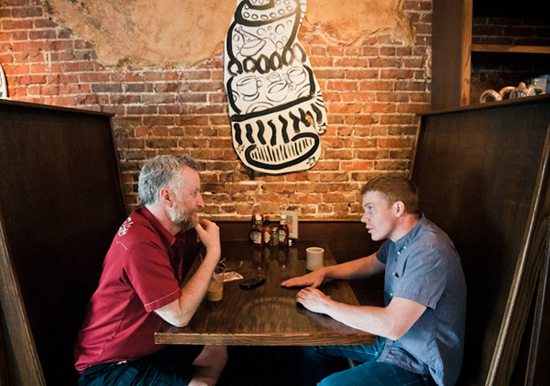
One of my favorite novelists Walker Percy used to say that what made him initially sit down to write, often, was disagreeing with something or someone. How much of that has played into your writing, over the years?
Some of us, whether we are novelists or journalists or songwriters, we have a different perspective that we are compelled to articulate. Compelled. Not just doing it as a job. Back in the day, there was no Facebook or blog to do that. So for me, coming from a working class background, leaving school at 16, the only way I had to articulate my perspective was to learn to play guitar and make it talk. So I am trying to give you a different perspective on politics? Sure. But also on relationships. Relationships and how to deal with them. On a song like “Tank Park Salute†how to deal with the death of a loved one. I think people need a different perspective on that. So I am not really a political songwriter, I am a dissenting songwriter. I’ve got another opinion.
Last year – this is a good songwriting story actually — the BBC made a live radio program on the anniversary of the sinking of the Titanic. And they asked me if I wanted to take part in this event. It was on the day the Titanic sunk, it was going to be live, over the period it took to sink. They had a little string section and singers coming in, to either sing songs about the Titanic, songs from the repertoire of the band on the Titanic, or I could write a song they said. So I thought to myself, “How could you possibly write a song about the Titanic that doesn’t have Celine Dion breathing down your neck?†And then I thought to myself, you never hear anything about the journey that the iceberg was on.
So I got back to the guy and said “This may sound a bit odd but would you be interested in a song from the iceberg’s perspective?†And he said “Wow that is interesting.†So I said “Give me a couple of days and let me see if I can hit something.†So I wrote this song of the iceberg, about the iceberg starting out as dew and being rainwater, and being snow, and being ice for over a million year period. And one day, being in the water and being carried on its journey, it doesn’t even notice the Titanic. Anyway, the DJ who was the host, Jeremy Vine, played it on his show. And people loved it and it’s going to be my record day release. It’s called “No One Knows Nothing Anymore / Song of the Iceberg.†But the reason I am telling you this story is, there’s the justification for making any piece of art or any contribution, an angle that isn’t covered. I use it as an example. That’s my M.O. to try and do that, to give another perspective.
When you are writing under a deadline, or in general, can you write anywhere? Do you need to be somewhere quiet generally? Or does it matter?
If I get a tune that’s a really good tune somewhere, I will sing it into my iphone. Or an idea for a lyric, I’ll put it on the iPhone. I wrote “Never Buy the Sun†lyrically in traffic on the M6 going north on my iPhone. It was the first weekend of summer break. There was a lot of traffic — kept stopping. It was the day after Murdoch had said he was going to close the news of the world, so it was all on talk radio. “Handyman Blues†from the new album was on my iphone as a tune, with me whistling that dobro riff (whistles), and I had compiled [all my ideas], on a three hour drive to the airport to go to Joes. And I’m just reviewing what ideas I’ve got in the cab on the way to the airport. That comes on, I write the lyrics in about 20 minutes in the cab. Just write them out. Get to the hotel in Pasadena. I was there for a couple days [before recording] getting my head together, and I wrote it like that (snaps finger). I find when I get in the zone, I can just bang bang bang. I can just write.
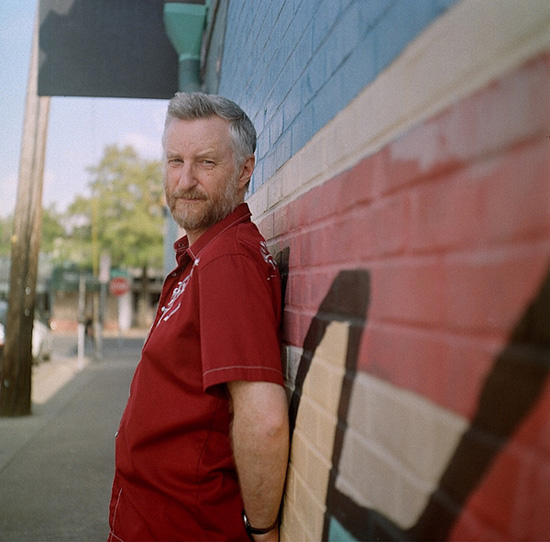 When you were starting out what were some of the records you listened to that informed your, and I use this word loosely, “pop sensibility?†When I first heard a song like “The Price I Pay,†I thought it was amazing pop song, like a great Motown song.It’s actually a Sam Cooke song (laughs). It’s very kind of you to say Motown. But it’s actually a Sam Cooke song. That’s where I come from (laughs). But I listened to a lot of Motown. The two albums that shaped my early teenage years when I was first starting to write songs, were Bridge over Troubled Water and Motown Chartbusters Volume 3, which had “Tracks of My Tears†on it. These were the two pillars on which I built my pop songwriting sensibility. And if you go back, I can point to you in my back catalog, where — there’s a song we’re going to play tonight called “The Space Race is Over.†The middle break of that is completely the solo on “So Long, Frank Lloyd Wright.†Just straight out. I don’t do it on purpose (laughs), it just comes.So once you’ve got Bridge over Troubled Water and Motown Charbusters 1 & 4, you can then find your way to Dylan, and you can find your way to Otis, and you can find your way to Muscle Shoals, and you can find your way to Aretha, to gospel, to the great American Songwriters. You can find your way to Hank from Dylan. You can find your way to Woody from Dylan. With those two, the two beginning points for me. And I’m pleased to say the most listened to track on my iTunes, top of the chart is still “Scarborough Fair.†How weird is that? Forty years later. And we all have in our mind, British people, we all have our american stereotype that we identify with. When we were in SF, my pedal steel player, it was clearly Steve McQueen in Bullitt. He got Jason, our tour manager who lives in San Francisco, to drive him around the Bullitt route. And I was thinking about who is mine. And mine is also someone in a car in California, but it’s Dustin Hoffman, driving up to Berkeley to stop the love of his life from marrying a jerk to the tune of Scarborough Fair. That’s my American stereotype, who I think I am, if I’m anybody in America. That’s who I am, in that great scene where he drives up and they play “Scarborough Fair.†That’s my American stereotype. We all have one (laughs) ask any British artist “Who is your American stereotype?†I’m that guy. I’m that guy.When you are writing more of a personal type song, rather than a topical song, do you ever reach a point or a threshold at which you feel yourself shifting from your own experience into writing from more of a third-party character’s experience? Where the character in the song may have started out from a place personal to you, but develops into its own personality?You know if you’re out having a discussion with a person that you love, and you do a painting of that later, the colors are not exact. The proportion is not exact. Although its based on an experience that you had together, it’s not exactly that. The only one on this album that’s exactly me is ‘Handyman Blues.’ You know I am not the person who sleeps alone and swallows my pride. Have I gone through a long period where I haven’t talked to my parter? Yeah I have. So I’ve done that. I’ve been that ugly prideful person, whose not been able to overcome his pride, and speak, and break the sort-of spell of the argument. I’ve been that person. I’ve never gone and slept in another place but likewise on “Chasing Rainbows†— Am I that guy who doesn’t quite live up to my partner’s expectations? Yeah but who does? Either way. We all struggle with that. So having felt that, I then go and build a song around that feeling. It doesn’t have to be exact, me and you.Take a song like “Valentine’s Day is Over†which is written from a female perspective about violence in a relationship. Some women once said to me in Canada that they didn’t like that song because I would never know what it would feel like to be a woman whose been beaten by a man. And I said “I totally accept that. I 100% accept that. But I’m not writing this song for women, I’m writing this song for other guys.†Me saying, as another guy, this is not acceptable. So that’s where I’m coming from and I accept what you’re saying. I will never know that. And I don’t wish to be judged, to put my work up there with someone who has articulated that powerfully. I’m just saying that from a guys point of view, it’s important that we add our voices. And that was the most powerful way I felt like I could do it, was as a female character.
When you were starting out what were some of the records you listened to that informed your, and I use this word loosely, “pop sensibility?†When I first heard a song like “The Price I Pay,†I thought it was amazing pop song, like a great Motown song.It’s actually a Sam Cooke song (laughs). It’s very kind of you to say Motown. But it’s actually a Sam Cooke song. That’s where I come from (laughs). But I listened to a lot of Motown. The two albums that shaped my early teenage years when I was first starting to write songs, were Bridge over Troubled Water and Motown Chartbusters Volume 3, which had “Tracks of My Tears†on it. These were the two pillars on which I built my pop songwriting sensibility. And if you go back, I can point to you in my back catalog, where — there’s a song we’re going to play tonight called “The Space Race is Over.†The middle break of that is completely the solo on “So Long, Frank Lloyd Wright.†Just straight out. I don’t do it on purpose (laughs), it just comes.So once you’ve got Bridge over Troubled Water and Motown Charbusters 1 & 4, you can then find your way to Dylan, and you can find your way to Otis, and you can find your way to Muscle Shoals, and you can find your way to Aretha, to gospel, to the great American Songwriters. You can find your way to Hank from Dylan. You can find your way to Woody from Dylan. With those two, the two beginning points for me. And I’m pleased to say the most listened to track on my iTunes, top of the chart is still “Scarborough Fair.†How weird is that? Forty years later. And we all have in our mind, British people, we all have our american stereotype that we identify with. When we were in SF, my pedal steel player, it was clearly Steve McQueen in Bullitt. He got Jason, our tour manager who lives in San Francisco, to drive him around the Bullitt route. And I was thinking about who is mine. And mine is also someone in a car in California, but it’s Dustin Hoffman, driving up to Berkeley to stop the love of his life from marrying a jerk to the tune of Scarborough Fair. That’s my American stereotype, who I think I am, if I’m anybody in America. That’s who I am, in that great scene where he drives up and they play “Scarborough Fair.†That’s my American stereotype. We all have one (laughs) ask any British artist “Who is your American stereotype?†I’m that guy. I’m that guy.When you are writing more of a personal type song, rather than a topical song, do you ever reach a point or a threshold at which you feel yourself shifting from your own experience into writing from more of a third-party character’s experience? Where the character in the song may have started out from a place personal to you, but develops into its own personality?You know if you’re out having a discussion with a person that you love, and you do a painting of that later, the colors are not exact. The proportion is not exact. Although its based on an experience that you had together, it’s not exactly that. The only one on this album that’s exactly me is ‘Handyman Blues.’ You know I am not the person who sleeps alone and swallows my pride. Have I gone through a long period where I haven’t talked to my parter? Yeah I have. So I’ve done that. I’ve been that ugly prideful person, whose not been able to overcome his pride, and speak, and break the sort-of spell of the argument. I’ve been that person. I’ve never gone and slept in another place but likewise on “Chasing Rainbows†— Am I that guy who doesn’t quite live up to my partner’s expectations? Yeah but who does? Either way. We all struggle with that. So having felt that, I then go and build a song around that feeling. It doesn’t have to be exact, me and you.Take a song like “Valentine’s Day is Over†which is written from a female perspective about violence in a relationship. Some women once said to me in Canada that they didn’t like that song because I would never know what it would feel like to be a woman whose been beaten by a man. And I said “I totally accept that. I 100% accept that. But I’m not writing this song for women, I’m writing this song for other guys.†Me saying, as another guy, this is not acceptable. So that’s where I’m coming from and I accept what you’re saying. I will never know that. And I don’t wish to be judged, to put my work up there with someone who has articulated that powerfully. I’m just saying that from a guys point of view, it’s important that we add our voices. And that was the most powerful way I felt like I could do it, was as a female character.
One question we usually ask in this series, which is something a favorite professor of mine used to ask his students, is can you remember a time that you heard a bit of music and thought “I am a different person than my parents?â€
That’s a really great question. My parents were born before the war, so, I don’t know for your generation, but for my generation there was really no connect between our music. So it probably would have been the early Beatles. My parents didn’t really get that at all. [trails off looks around at coffee shop speakers playing “Brown Eyed Girl”]
I don’t know if you’ve ever noticed this, but there’s a real problem in the United States of America with ambient Van Morrison. There are very few places you can go where Van Morrison isn’t playing. This is the third time in 24 hours that I have been somewhere that’s not a record shop, and it’s fucking Van Morrison playing!
(Laughs) It is a problem.
In the hotel lobby… Sorry to just go off the side, but I mean for fuck’s sake! What is it?? It’s not just Nashville either. It’s everywhere. It’s a real problem with ambient Van Morrison. I mean I love Van Morrison, I fucking love him! But give me a break. It’s everywhere. Elevators… It’s a real problem.
(Laughs) No it’s true, it’s everywhere. Ambient Van Morrison. It will haunt us for years.
What were we talking about? Oh yeah. Let me tell you I had a great conversation with my son once about the Stones. We were driving somewhere and “Moonlight Mile†came on, and he said “Oh I love this track.†And I said yeah check this out at the end where Keith plays this riff and the entire strings join in with him. It’s amazing. And we listened to it and he said “Yeah they’re really going for it,†and I was like, “wait, it gets bigger…â€
And it hits this long note at the end, and on the drive we got to this section at the top of a hill, and I said to him, “You know Jack, I never had that conversation with my Dad.†And he said, “Yeah, isn’t that great.†(pauses) I thought I would talk to the boy about soccer. That’s what I thought we would do. But we share a love of the Stones and The Who, and Dr. Feelgood. And he is writing his own songs. So I don’t know how he’s going to find music I don’t like (laughs).
One last question.  I heard “The Milkman of Human Kindness†when I was in college, and I heard the lyric “If you’re poorly, I will send poetry†and I remember being in college and trying to write my own songs for the first time and thinking “Which poets is he talking about?â€
(Laughs) Well the great poet that inspired me was the guy who wrote, [quotes] “Then take me disappearing through the smoke rings of my mind, Down the foggy ruins of time, far past the frozen leaves, The haunted, frightened trees, out to the windy beach, Far from the twisted reach of crazy sorrow. Yes, to dance beneath the diamond sky with one hand waving free Silhouetted by the sea, circled by the circus sands, With all memory and fate driven deep beneath the waves, Let me forget about today until tomorrow. Hey! Mr. Tambourine Man play a song for me.†That guy was the poet of my childhood.
But there’s another poet called Patrick Kavanagh who wrote a song called ‘On Raglan Road’ which is kind of like — if there was a songwriter’s union, just for songwriters, that would be the song you sang, because it’s an amazing poem about going out with this woman on the streets of Dublin, and writing a poem about her. He says in the poem,
I gave her gifts of the mind, I gave her the secret sign that’s known
To the artists who have known the true gods of sound and stone
And word and tint. I did not stint for I gave her poems to say.
With her own name there and her own dark hair like clouds over fields of May
Van Morrison covered it. But what he’s saying in the song is that if you can go out with a woman for a weekend and, from that experience write a poem, and give it to her, that’s the secret sign, that’s the secret of how to do it. And then she’ll probably shag you (laughs). So Patrick Kavanagh is one of my favorite poets.

